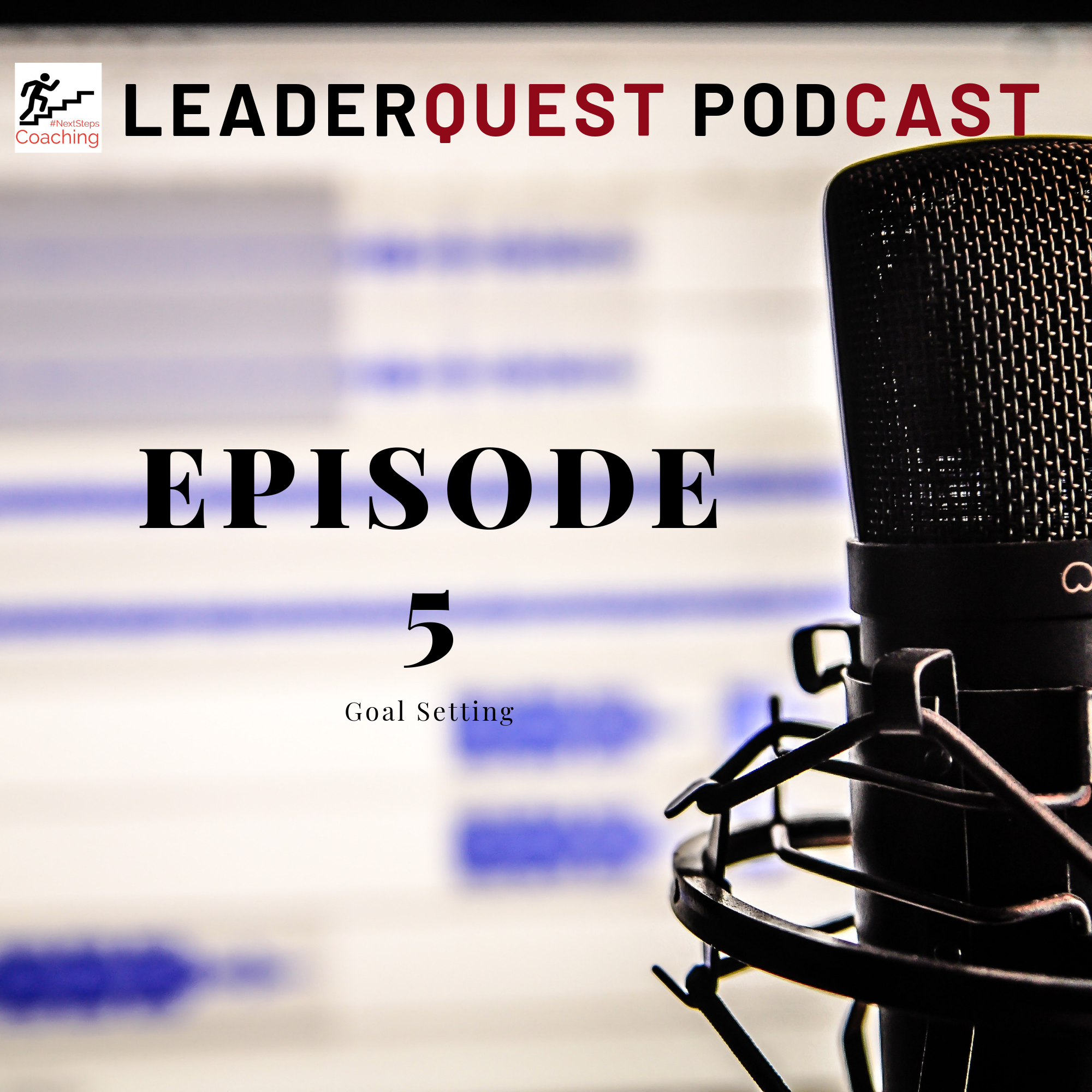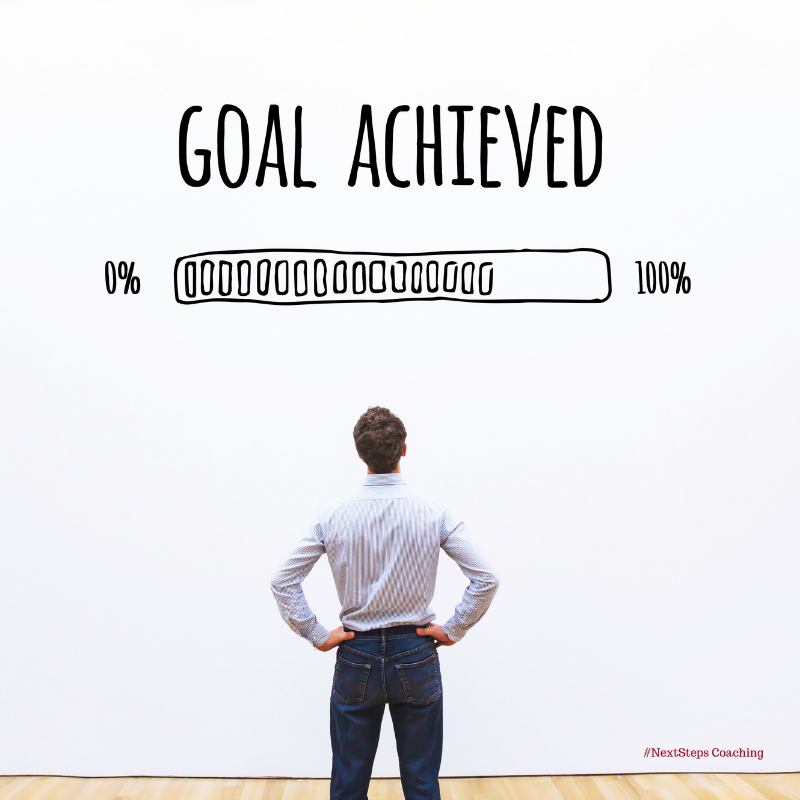
Next Time
“Hieb, this isn’t going to happen again. We’re going to get him next time. Set the goal. Focus on it. Put your energy into it.”
Those were the words from my high school wrestling coach after a tough loss. A regional match my junior year set me into a favorable matchup for state placing.
I was wrestling Blake, a decent wrestler from a school less than an hour away. My record was better. My skills were better. My coaching was better. I was set. A quick win and I was off to state, ranked in the top ten.
Given all those advantages, I overlooked Blake to prepare for state the next weekend.
Blake beat me. On a late third period comeback, he got a reversal and won 8-7. My failure to prepare for the object right in front of me meant that my end destination was changed. Instead of a favorable seeding in the state tournament, I was on the outside looking in. 
That loss took me out of the top ten and into the bottom four. I faced the number two wrestler in the state (and eventual state winner) in the first round and lost. Then in the losers bracket, I lost again.
What had started as a promising season ended in bitter defeat. 0-2 in the state tournament and a long offseason to think about the final thirty seconds of a match that was still eating away at me.
That’s when coach pulled me aside and told me to write my goals down for next season. Even in the pain and through the tears, focus on where I wanted to go. How did I want my senior season to end? How did I want to be remembered?
Begin With The End in Mind
That day, I wrote down three goals to focus on:
1.) Beat Blake
2.) Make it to state
3.) Set the school record in reversals.
For an entire year, those were my goals. Every extra practice. Every meal. Every weight training session.
“Beat Blake” became my mantra.
At the start of the next wrestling season, Coach Z put my goals on the board for everyone to see. Now, I was accountable to the entire team.
Every day at 3:30, the music would start, the reps would begin and my entire focus became to “Beat Blake.”
The final regular-season tournament of the season pitted me against Blake in the championship match, with regional and state seeding positions on the line. As I stepped on to the mat, Coach Z pulled me aside, “You’ve worked a year for this match. It’s time to finish.”
Three minutes later, I stepped off the mat and something along the lines of, “Rabid Wolverine” was hurled at me as they raised my arm in victory. From a close loss to a dominating win, I finished my objective and beat Blake.
Goals Create Clarity
Goals create clarity. Put another way, when we begin with the end in mind, we know what we’re aiming for.
By creating focus, instilling discipline, and getting clear on our life ambition, we know how to put a plan in place to help us reach our ultimate destination.
Or, think of it this way: As you near the end of your life, sit in your favorite rocking chair on the front porch of your house, answer these three questions:
1.) What are you glad you accomplished?
2.) What do you want to be remembered for?
3.) What are some of the things you’re most thankful for?
I’ve never coached someone who has answered those questions, “I think I need to spend more time at work.” Or, “My life would be better if I’d burn the candle at both ends a bit more.” Or, “Everyone wins if I’d ignore my family more for a few more late nights of office paperwork.”
Instead, when we think about where we want to end up, we then know how to create the plan to get us there.
I often tell people that coaching is a lot of “reverse engineering.” We get clear on where we want to go and why that’s important to us. Then we create the “how” piece of the puzzle.
We begin with the end in mind and then create the roadmap to success.
Working With Passion and Purpose
Work is a large part of our everyday lives. Whether your work is as a stay at home parent, a business executive, an entrepreneur, or as a skilled service provider. Whatever it is that you have been called to for “work” at this stage of life is vital. For you. For your family. For your employees. For the economy.
God has created you to not just work but work with meaning.
With purpose.
With passion.
This is accomplished by getting clear on what makes our work significant. We do that by knowing where we want to end up in life, and what makes that important to us. We bring purpose to our work when we begin with the end in mind.
When we know the how and why of our work, the rest becomes clear. When we know where we want to end up, we know how to create a plan that will get us there. When we begin with the end in mind, we will spend our days on tasks that help us “Beat Blake” every time we need to.
—



